The 10 Things That Defined the 2010s
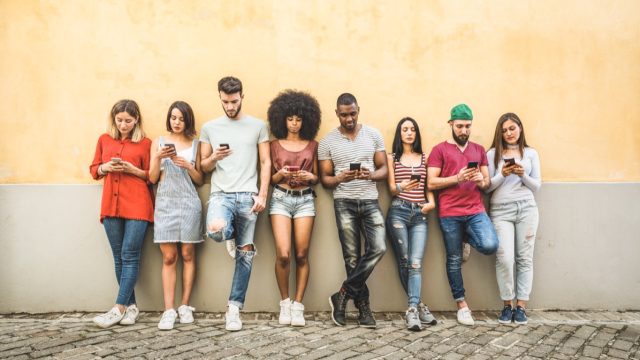
The 1960s had the Civil Rights Movement and counterculture, the ’70s brought Watergate and the end of the Vietnam War, and the ’90s gave us grunge. But how will we define the 2010s? We’ve consulted the experts to create the definitive list of major moments and trends from the last decade that will be part of history books in the future. From the technological advancements to the social ones—and the internet culture that tracked it all—here are the 10 ways the 2010s will be remembered.
1
Streaming culture
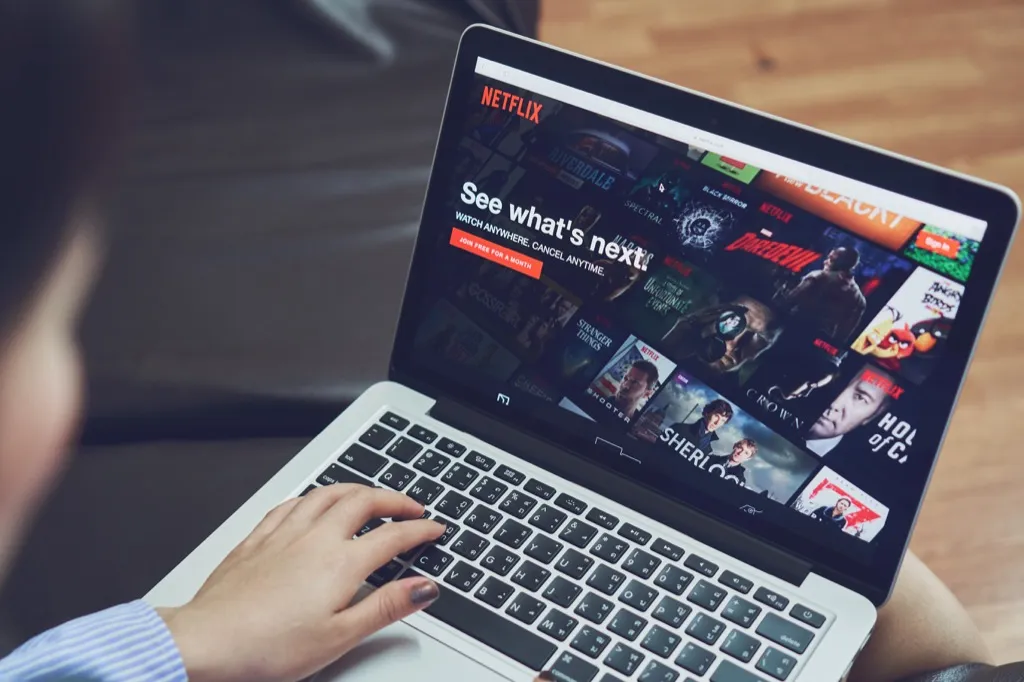
Netflix began its streaming service in 2007, but it didn’t start producing its own original content until 2012. Prior to then, your options were binge-watching Friends or scouring the movie section for a title you’d actually heard of. But the past decade changed all that—wildly.
Now, there are too many new shows on Netflix to keep track of—not to mention Hulu, Amazon Prime, and countless others. And with technology like the Amazon Fire Stick, Apple TV, and Google Chromecast, it’s never been easier to stream your favorite shows and movies on your TV screen—so easy, in fact, that many people don’t even have cable anymore. The number of cable cord-cutters in the U.S. is over 39 million in 2019, according to eMarketer research. (Meanwhile, Netflix has 60.2 million subscribers in the U.S. alone.)
“For decades, people have been predicting that eventually TV shows and movies would be streamed from the internet, but there was always an issue,” says Sydney Liu, CEO of Commaful, an online platform for sharing stories. “Internet speeds weren’t fast enough to stream. Data plans weren’t large enough to handle it. Movie studios would never give streaming sites access to their libraries of content. The 2010s really helped change all of that.”
2
Going green
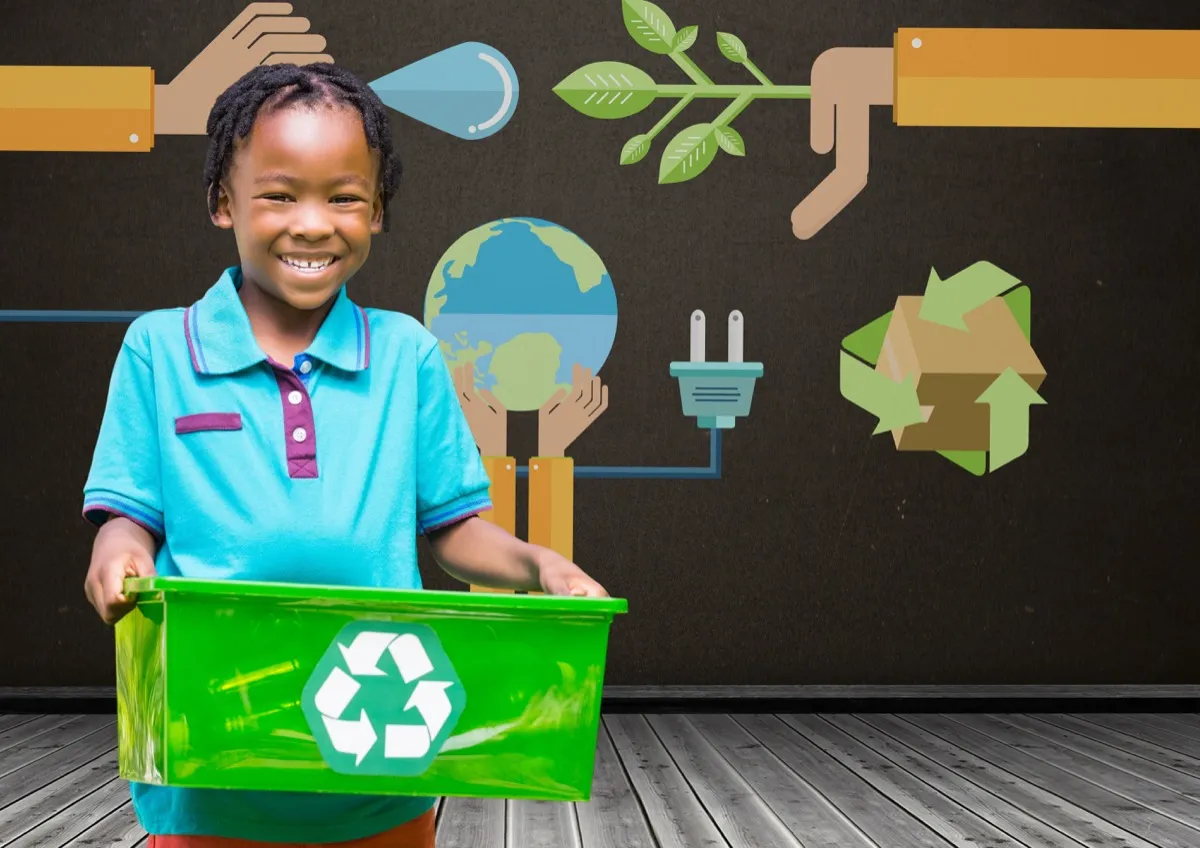
In the first decade of the 2000s, we were warned about climate change and global warming—Al Gore’s An Inconvenient Truth made its mark—but in the 2010s, it seems the world started actually listening. Drastic measures have been taken to reduce waste, like the ban of plastic straws, a hazard to the ocean and the environment. According to the organization For a Strawless Ocean, about 500 million plastic straws are used in the U.S. every day. In July 2018, Seattle became the largest U.S. city to ban plastic straws, and now others have followed suit.
There have also been efforts to phase out lightweight plastic bags at supermarkets, with states like California and New York banning them entirely and others charging for bags to encourage customers to bring their own reusable ones. “Plastic bags have blighted our environment and clogged our waterways,” New York Governor Andrew Cuomo said in a statement in early 2019. “By banning them, we will protect our natural resources for future generations of New Yorkers.”
It’s also now more common to see houses with solar panels. According to a report by the Union of Concerned Scientists, solar panel installations in the U.S. jumped 485 percent from 2010 to 2013. And people are investing more in hybrid electric cars. The Bureau of Transportation Statistics reports that sales of hybrid electric cars in the U.S. hit an all-time high in 2013, with more than 495,500 units sold. There’s still work to be done, but these are steps in the right direction.
3
Going viral
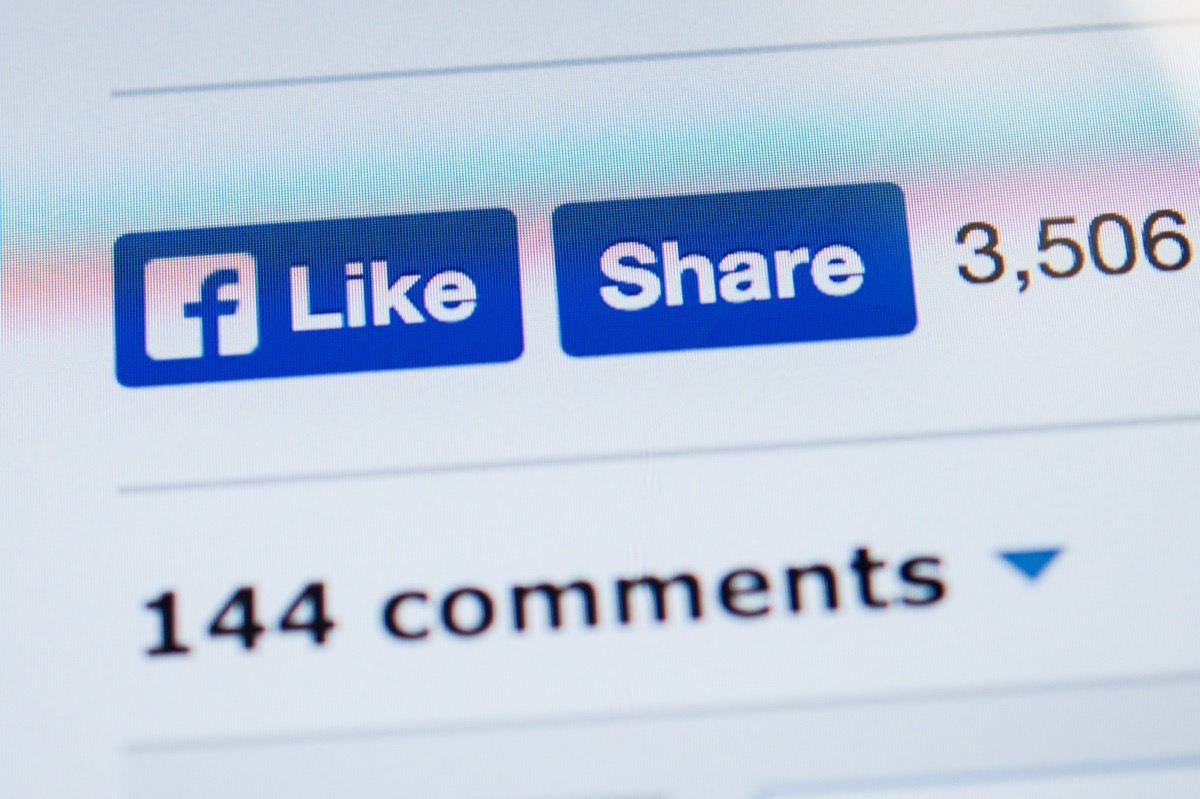
“Going viral” was a phrase that took on a different meaning in the 2010s—it’s not about getting sick, but rather achieving a high number of views and likes online in a short amount of time. And what went viral over the past decade heavily shaped what the world talked about offline. Take the 2014 ALS Ice Bucket Challenge, for example. The campaign to promote awareness of amyotrophic lateral sclerosis (ALS) and encourage donations to the ALS Association had participants dumping buckets of ice water on their heads, then nominating others to either partake in the challenge or donate. Even celebrities like Justin Bieber took part. According to the BBC, 3.7 million videos were uploaded with #ALSicebucketchallenge and #icebucketchallenge. And from July to August 2014, the ALS Association received $98.2 million in donations.
And we can’t forget the Mannequin Challenge, which had people standing very still while a camera moved around the room with the Rae Sremmurd song “Black Beatle” playing in the background. The challenge, created by a group of high schoolers in Jacksonville, Florida, went viral in 2016. Most notably, Hillary Clinton posted a Mannequin Challenge video on election night.
In 2015, the term “meme”—a joke, usually in photo or video form, that goes viral—was added to the dictionary and it quickly became a fixture of 2010s culture. There were countless viral memes throughout the decade: Distracted Boyfriend, Salt Bae, Arthur’s Fist, Sad Keanu, Grumpy Cat, and Cash Me Ousside are just a sampling.
4
The rise of smartphones
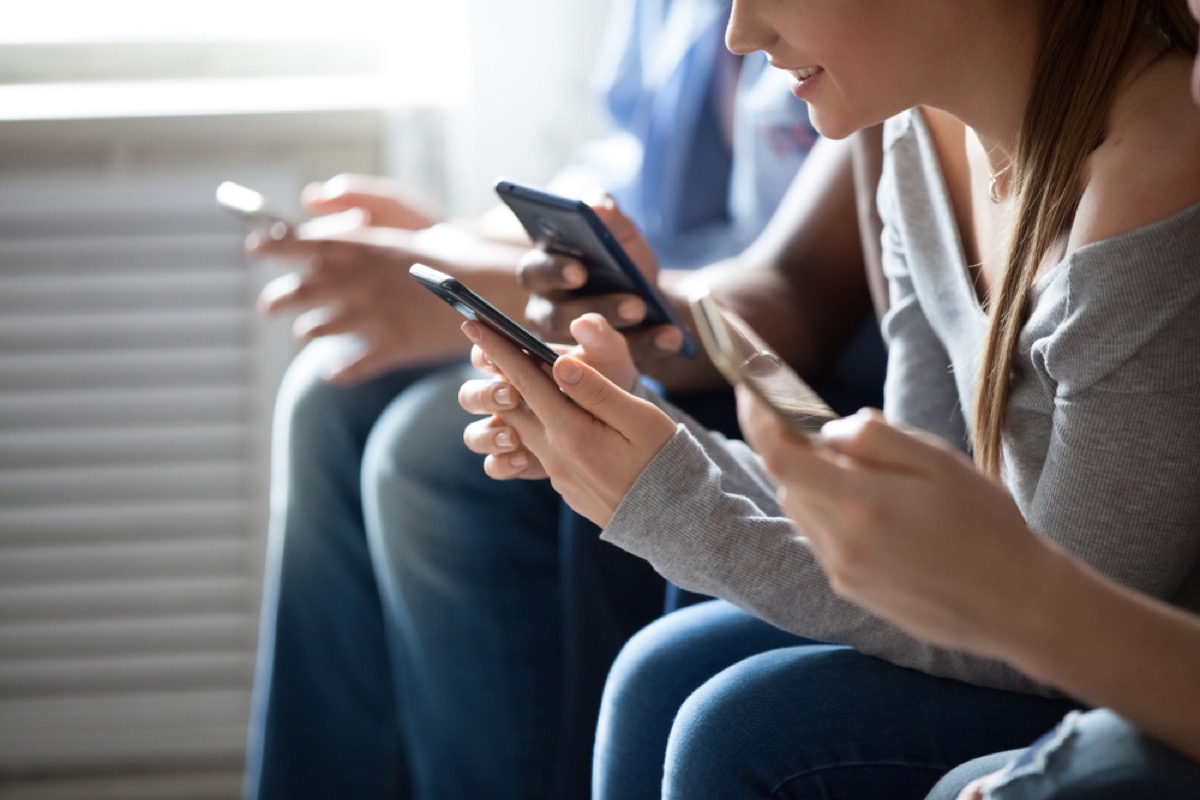
Nowadays, most people only have two types of phones, an iPhone or an Android. Yes, the iPhone made its debut in 2007 and the Android in 2008, but it wasn’t until the 2010s that the smartphone really took over. In fact, 2010 was the year that iPhone sales eclipsed BlackBerry’s for the first time.
“Smartphones have really become an essential part of everyday life. They’re no longer just for making calls and sending texts,” says David Lynch, content lead for UpPhone, a cell phone comparison site. “Smartphones have taken a lot of important aspects of everyday life and combined them into a single device. Your smartphone is your camera; it’s your photo album; it’s your MP3 player; it’s your wallet; it’s your credit card; it’s your flashlight; it’s your map; it’s so much more.”
5
Instagram
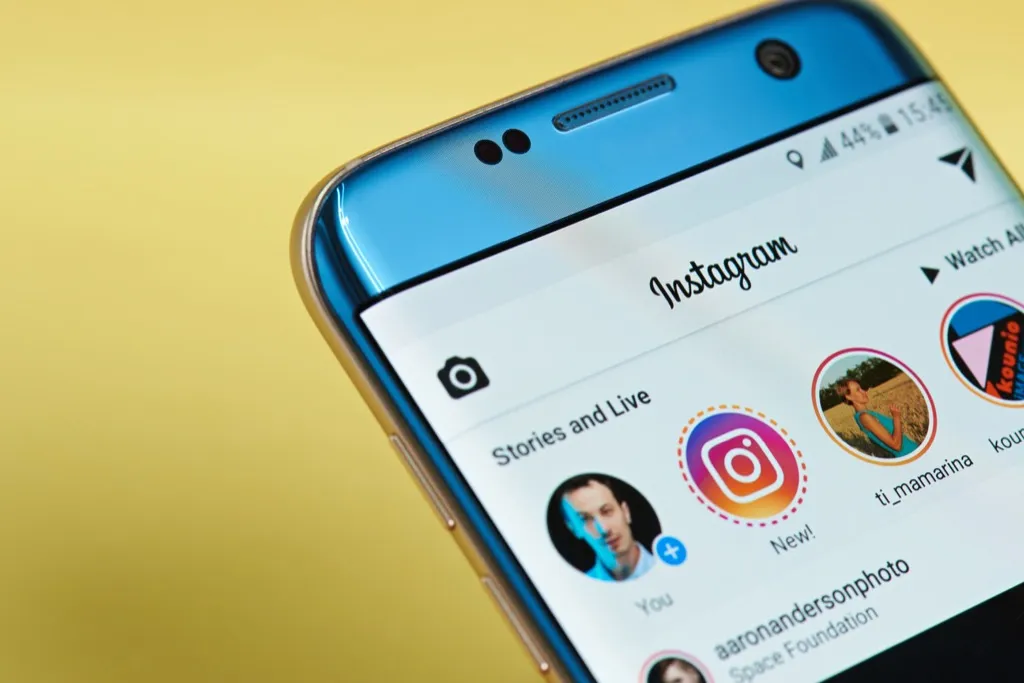
In October 2010, a little photo-sharing app called Instagram launched. The app initially only allowed users to upload square photos with a caption and hashtags. Now the platform is so much more than that, with stories, videos, direct messaging, in-app shopping, video calling, and more.
“If the 2000s are remembered as the decade that Facebook defeated MySpace, the 2010s should be remembered as the decade that Instagram defeated everyone else,” says Andrew Selepak, a media professor at the University of Florida, and director of the graduate program in social media. “In addition to being the visual platform that led to the rise of meme culture and countless pictures of food, it has also been a destructive force in social media, leading to the end or decline of multiple other platforms.”
Thanks to Instagram, the word “influencers”—users with large followings—is now a part of our vocabulary. And the platform has also shifted the way brands market themselves, with companies now utilizing influencers to push their products.
“One of the biggest impacts Instagram has had in this decade is changing how people shop and make decisions—Instagram is the online version of window shopping,” said Endrea Kosven, founder and CEO of EDK & Company, a boutique marketing communications agency. “Whether Instagram has contributed to the rising closures of the brick and mortar retailers is up for debate, but with how people are shopping online more and more, there does seem to be a connection.”
6
Superhero movies
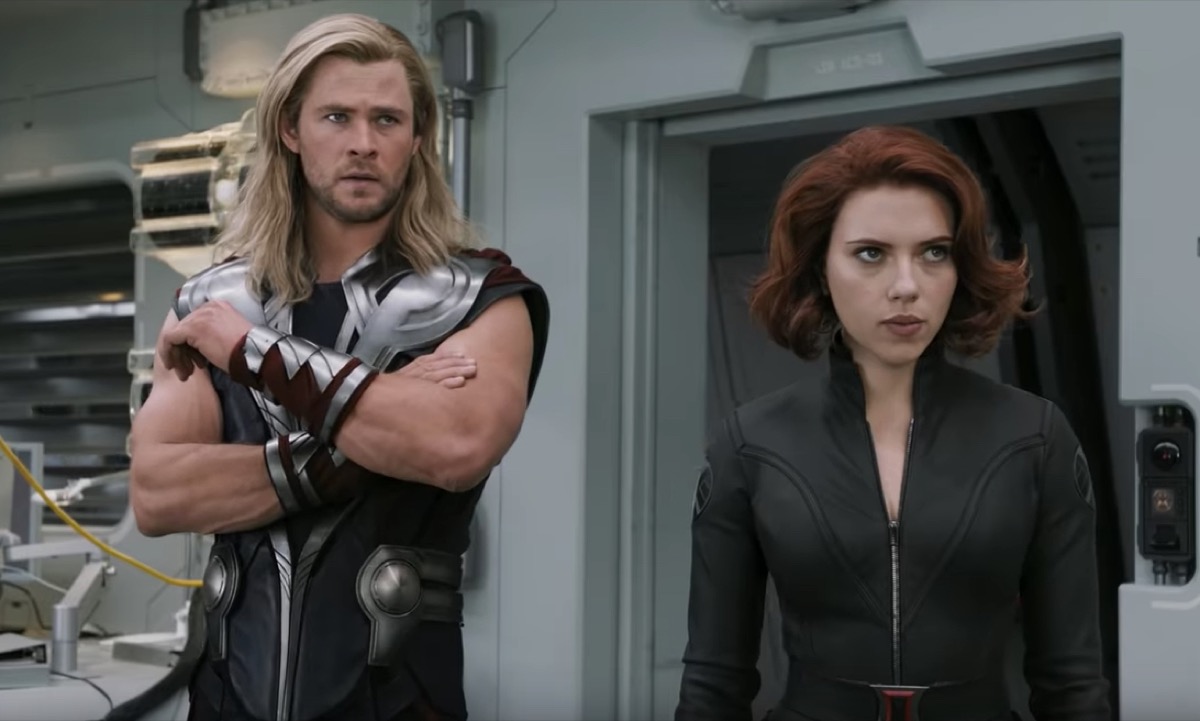
Since 2010, Marvel Studios and DC Films have released a total of 48 superhero movies—and they have made bank. Just this year, Avengers: Endgame became the highest-grossing movie of all time with a whopping $2.798 billion at the box office.
“The superhero sensation has been a precursor to binge-watching, live streaming, spinoffs, origin stories—all the ways we now consume pop entertainment,” said Stephen Brown, chief film critic at Silver Screen Capture. “Fan conventions—once the domain of niche communities such as Star Trek fans—have exploded into the must-attend, must-make-big-announcements-here extravaganzas.”
Not only did superhero movies become massive blockbusters, but they also started to shift toward inclusivity, becoming award show darlings in the process. The groundbreaking black cast and largely black creative team of 2018’s Black Panther helped secure Marvel’s first-ever Oscar wins for Best Costume Design, Best Original Score, and Best Production Design. It was also the first-ever superhero movie to be nominated for Best Picture. And 2017’s Wonder Woman, from DC, was another reminder to Hollywood that you can hire a woman to make a movie about a woman who kicks butt, and call it a success in every sense of the word.
7
Hip-hop and R&B’s musical reign
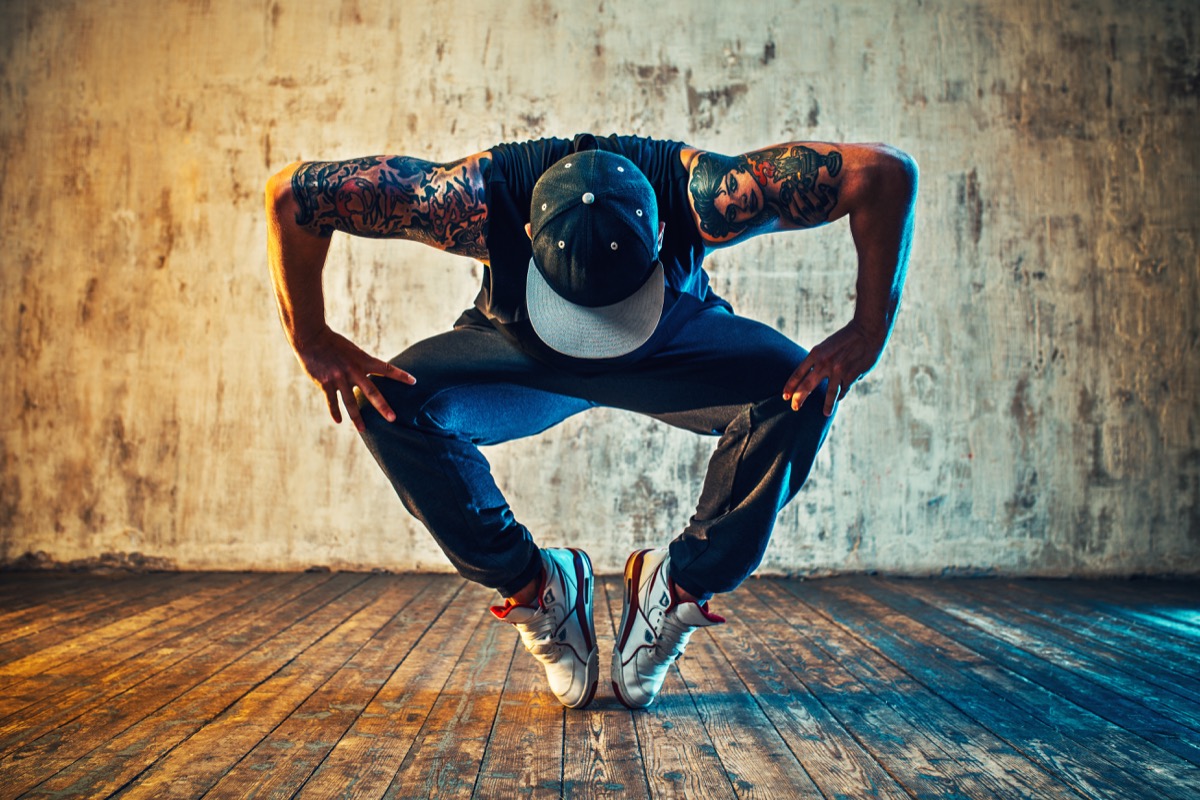
It was during the 2010s that hip-hop and R&B dethroned rock as the most popular music genre in America for the first time ever. According to Nielsen Music’s 2017 year-end report, hip-hop accounted for 24.5 percent of music consumption, and 9 out of 10 of the most consumed songs that year were from the genre.
Soundcloud, a free audio publishing site, and TikTok, a social media platform born in the 2010s, have helped push hip-hop to the top. Unknown rappers who publish their songs on the former are dubbed Soundcloud rappers. And Lil Nas X’s “Old Town Road” first gained traction on TikTok, which helped propel the once-unknown artist into superstardom. In 2019, the song spent an astounding 19 weeks at the top of the Billboard Hot 100, breaking the record first set by Mariah Carey and Boyz II Men’s “One Sweet Day” two decades prior to become the new longest-running No. 1 hit in the history of the Hot 100 chart.
8
Political Twitter
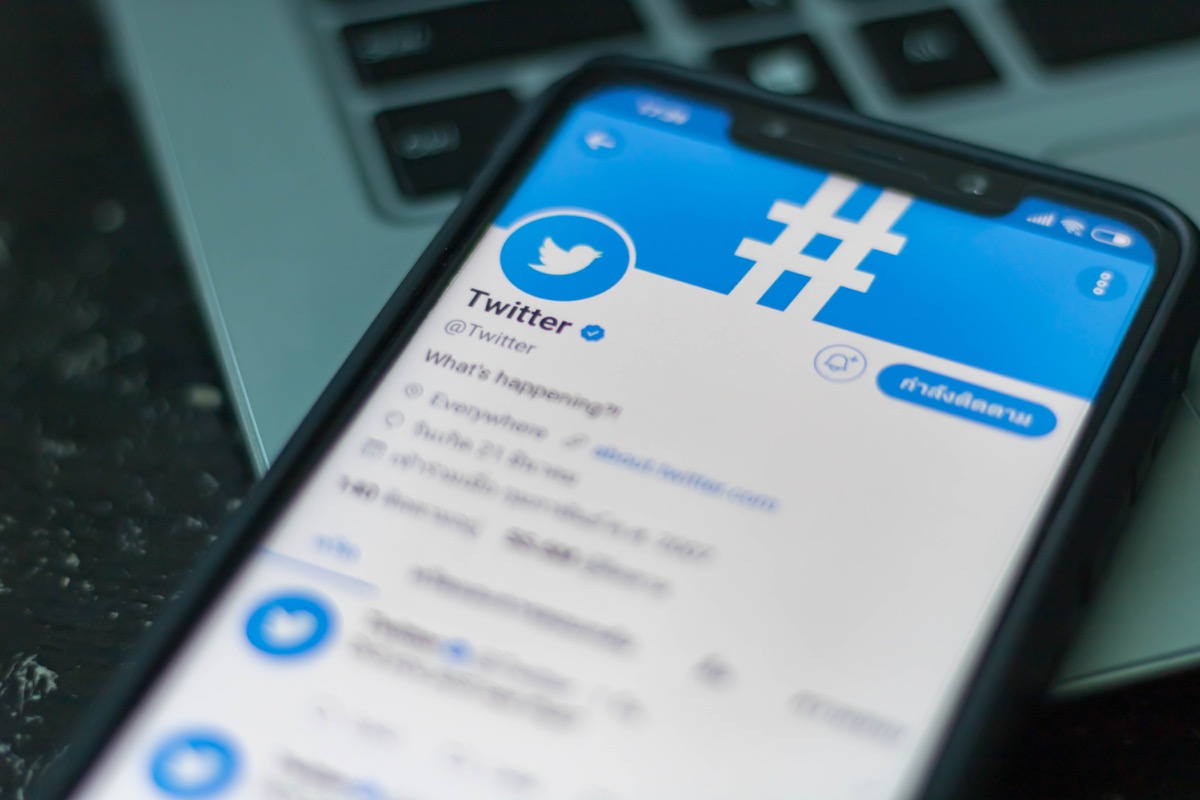
The rise of Twitter had a surprising effect on politics in the 2010s. The 2012 and 2016 elections where hugely impactful on the platform, but even smaller political issues went viral thanks to Twitter. It turned out to be a useful political tool—and a divisive one, sparking heated online debates, including over whether or not the president should keep tweeting.
“Twitter has become an increasingly prominent factor in American political discourse,” said David Pring-Mill, a consultant to tech startups and opinion columnist for TechHQ. “People experience the platform differently based on their interests and who they follow, but many of us have noticed that it has gone from being a comedy club to a very fervent debate society.”
According to the Pew Research Center, 14 percent of Americans in 2018 said they had changed previous political viewpoints because of social media. Those numbers are even higher for younger people: Among men between the ages of 18 to 29, roughly 3 in 10 changed their views on an issue based on social media.
In a 2016 study, the Pew Research Center found that despite TV still being the primary way voters watched the 2016 election results, there was a significant spike in digital platforms compared to previous elections. “The share of voters who followed returns online increased by 14 percentage points since 2012 … while the share who tracked results using a social networking site more than doubled,” the researchers found.
9
Mass shootings
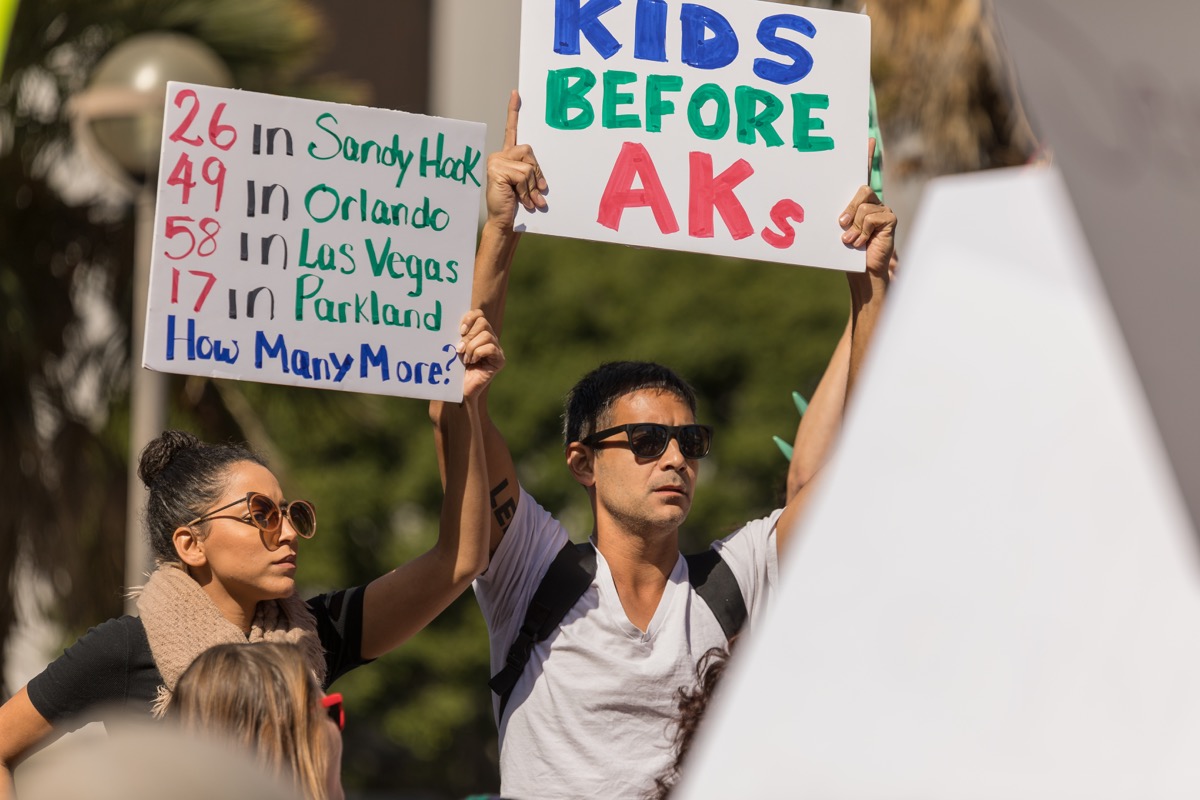
Unfortunately, it’s impossible to look back on the 2010s without reflecting on the high volume of mass shootings. The tragedies at the Aurora movie theater, Sandy Hook, the Pulse nightclub, the Las Vegas Strip, Texas Baptist Church, and Marjory Stoneman Douglas High School all took place over the last 10 years.
“Sadly, the 2010s are when mass shootings became a regular part of the news,” said Megan Ranney, associate professor at Brown University and chief research officer at the American Foundation for Firearm Injury Reduction in Medicine (AFFIRM). “Gun violence became an epidemic: The number of deaths increased, almost every one of us knew someone who had been affected, and our kids got used to being scared at school.”
The 2010s have indeed had the most shootings in any decade, according data from Mother Jones. In this decade alone, there were 63 mass shootings, defined as “indiscriminate rampages in public places resulting in four or more victims killed by the attacker.”
“But this decade is also when we saw communities come together to begin to create solutions,” Ranney continued. “Sandy Hook Promise was founded in the aftermath of the unimaginable tragedy of Newtown, and is helping kids across the country with social-emotional learning. The Parkland kids united to insist that youth deserve better. And AFFIRM Research was created by a group of doctors, nurses, and public health professionals to develop solutions that really work for communities across the country. Together we are creating hope, so that the 2020s are not marked in this way.”
10
Legalization of same-sex marriage
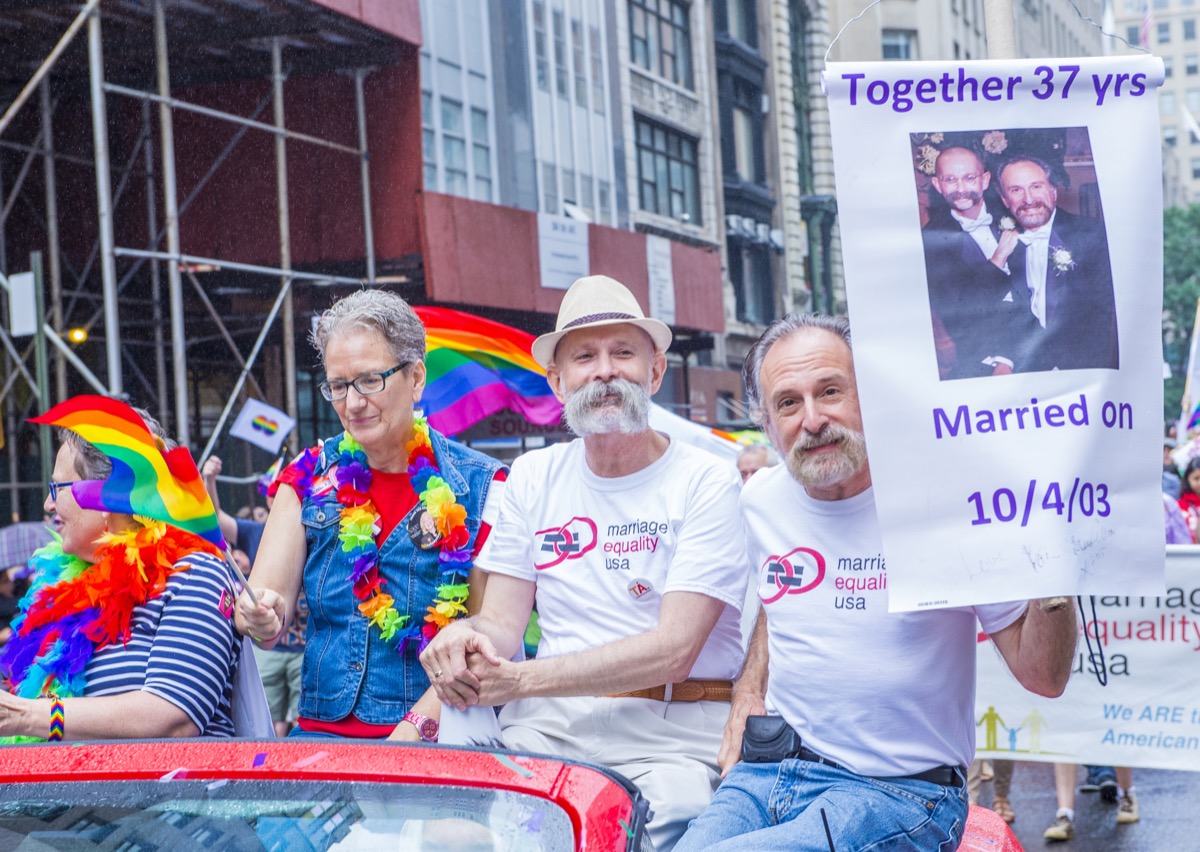
The 2010s were the decade in which the U.S. and many other countries legalized same-sex marriage. In 2004, Massachusetts became the first state to legalize same-sex marriage, but it took more than 10 years for the entire country to follow suit. On June 27, 2015, the U.S. Supreme Court deemed same-sex marriage legal in all 50 states in a decade-defining moment.
Though the legalization of same-sex marriage was a landmark win, the LGBTQ+ community is still fighting for equality—particularly for transgender and gender non-conforming people. In 2018, for example, a study released by the Human Rights Campaign (HRC) Foundation found that 46 percent of LGBTQ+ employees remain closeted at work. In 2008, that statistic was 50 percent.
“You’ve got evidence over a decade that despite really significant progress, including marriage equality, challenges remain in terms of the everyday workplace experience for LGBTQ Americans,” study author Deena Fidas, director of HRC’s Workplace Equality Program, told USA Today. “On one hand there’s been significant progress, but on the other, we still don’t have basic federal protections in this country for the LGBTQ community.”